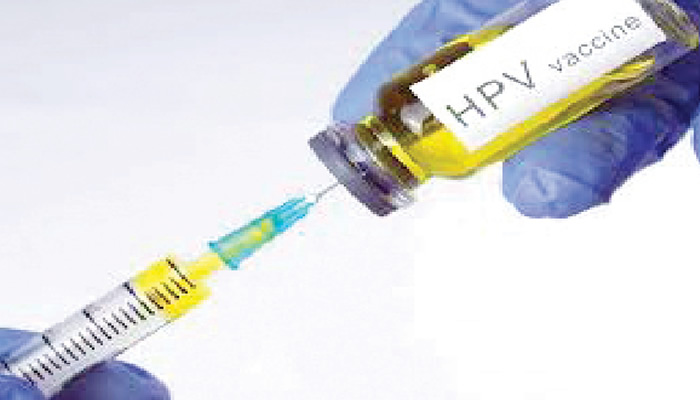A pharmaceutical company, Pfizer, has said cervical cancer may become the first cancer to be eliminated with a vaccine.
In a statement signed by the company and in commemoration of World Immunisation Week, Medical Director, Sub-Saharan Africa, Pfizer, Kodjo Soroh, said there was a need to invest in vaccine research and development.
He said, “Vaccines underpin our global health security by preventing and controlling over 30 infectious diseases, reducing unnecessary hospitalisations, and controlling infectious disease outbreaks. We should not forget that they are one of the world’s most powerful and cost-effective public health tools available and have successfully helped to eradicate, eliminate, and manage many deadly infectious diseases. Smallpox has been eradicated and polio is nearly gone. Cervical cancer could become the first cancer to be eliminated.”
“Vaccines also play a critical role in combating antimicrobial resistance, they can reduce antibiotic use by preventing bacterial infections in the first place, such as with the pneumococcal and meningococcal vaccines, and can also prevent viral infections such as flu, which can provoke secondary infections requiring antibiotics.”
He added that by channelling resources to vaccines, many people would be prevented from life-threatening illnesses.
Soroh said, “Today, more than at any time in history, people are benefiting from safe and effective vaccines to prevent infections and diseases. These injections have protected people of all ages, from newborns to seniors.”
“However, our work is not done. Many viruses and bacteria still present a serious health risk, and so we continue to focus on research and development in new areas, with the goal of adding more approved vaccines to tackle pathogens.”
“By getting vaccinated, you can protect yourself and also avoid spreading preventable diseases to other people in your community. Some people cannot get certain vaccines because they are too young or too old or they have a weakened immune system or other serious health conditions. Those people are less likely to catch a preventable disease when you and others around them are vaccinated against it. Help protect yourself and the people you love by staying up to date on recommended vaccinations.”
“Global vaccination coverage figures are looking up, but they still mask huge inequalities that we cannot afford to ignore. To help protect as many people as possible from a life-threatening illness, we are working to develop and distribute vaccines throughout the world. We have already seen that by channelling resources to the most promising public health opportunities, we can have an impact across all areas of life.”











